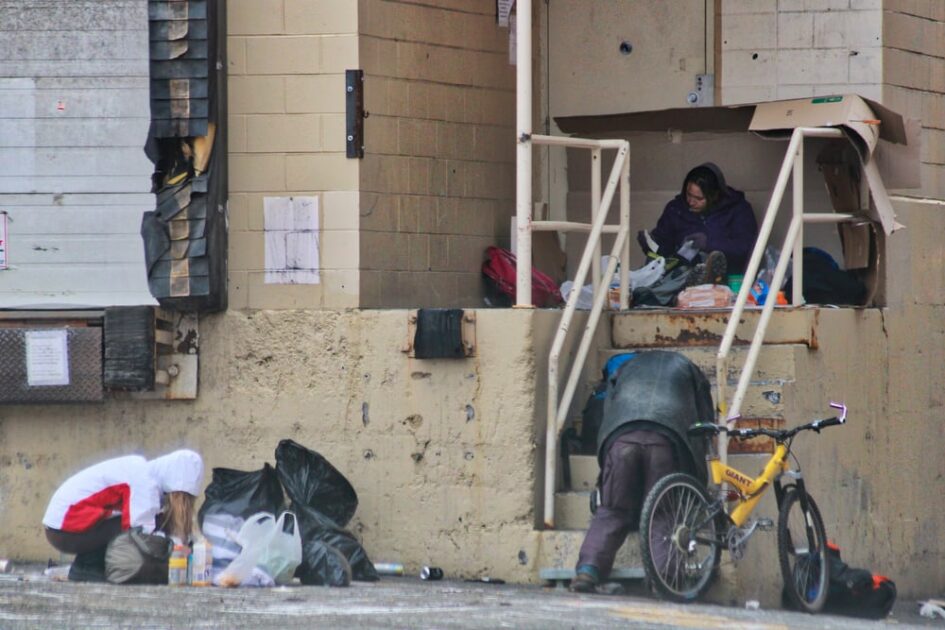In the heart of Kamloops, beneath the picturesque landscapes and vibrant community spirit, lies a mounting homelessness crisis. This investigation unveils the critical housing deficit and the profound challenges posed by mental health and addiction issues. We hear from Mustard Seed shelter representative Mary Maphosa and community advocate Dale Basse, who shed light on the harsh realities faced by those seeking refuge in our city.
Kamloops, like many communities across the nation, grapples with a growing homelessness crisis. Recent reports reveal a troubling surge in homelessness, with shelters operating at or beyond capacity, leaving many without a place to call home. However, this crisis is not solely about a lack of shelter; it is exacerbated by the complex issues of mental health and addiction.
In an exclusive interview, Mary Maphosa, a dedicated representative from the Mustard Seed shelter, shares the challenges faced by shelters on the front lines of this crisis. Mary emphasizes that accessing shelter beds has become even more difficult due to overwhelming demand. However, this is just one facet of the problem. Many individuals experiencing homelessness in Kamloops also struggle with mental health issues and addiction.
Dale Basse, a seasoned journalist and community advocate, underlines the urgency of addressing this multifaceted crisis. He highlights the statistics: in 2021, 206 individuals experienced homelessness, with a striking 54% facing chronic homelessness. These numbers represent real lives in crisis, making it imperative to act promptly.
Basse emphasizes that mental health and addiction issues are intertwined with homelessness, forming a complex web that necessitates comprehensive solutions. The challenges go beyond providing shelter; they involve addressing the root causes of homelessness, including a lack of affordable housing and the need for mental health and addiction support.
The impact of this crisis extends beyond the walls of shelters and affects the entire community. Homelessness takes a toll on both physical and mental health, while local businesses and the economy as a whole bear the brunt of this issue.
A collective response is essential to tackle this crisis comprehensively. Kamloops must prioritize the development of affordable housing initiatives and support services for mental health and addiction. Collaboration with local shelters is crucial to ensure that those in need have a safe place to sleep and access to the care they require. Community engagement, awareness, and advocacy will play pivotal roles in building a future where homelessness, mental health issues, and addiction are not the harsh reality for any of our residents.
In conclusion, Kamloops faces a significant challenge, but it’s a challenge that can be met with determination, compassion, and collective effort. Through understanding, awareness, and community support, we can pave the way toward a Kamloops where everyone has a place to call home and access to the mental health and addiction services they need. Mary and Dale’s insights underscore the need for a multifaceted approach to address homelessness, mental health, and addiction in Kamloops, highlighting that the path forward involves not just acknowledging the crisis but actively working towards lasting solutions.

Leave a Reply